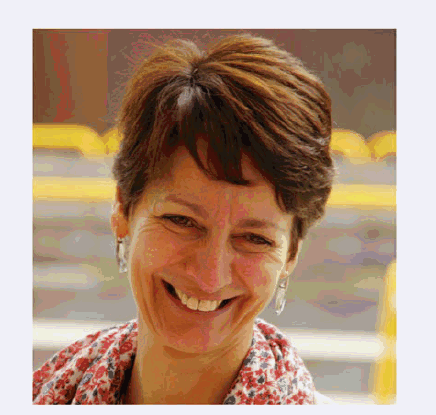
During the past years, most European countries have seen a considerable influx of refugees. In Belgium, many thousands of people applied for asylum. The city of Gent welcomed 250 people who found accommodation on a canal boat (the Ponton) in the harbour of Gent. In this editorial, we report on this unique project in which the coordination of local family doctors played a crucial role.
In the discourse related to the current migrant crisis, there is often a tendency to speak about immigrants in generalized or generic expressions, representing newcomers as ‘them’ instead of talking individually and specifically. Similarly, the thinking on the organization of healthcare for newcomers is often characterized by general responses as if all refugees would belong to a homogeneous out-group with similar health needs. This one-size-fits-all answering to health needs contradicts the person-centred characteristics of family medicine.
By contrast, on the Ponton, a multidisciplinary team coordinated by a general practitioner (GP), chose to deliver individual-tailored and GP-based healthcare to respond optimally to the delicate and diverse health needs of refugees and asylum seekers who lived, and had lived in insecure conditions. Often this approach was remarkably successful, as following examples illustrate.
There is e.g. the story of Ahmad, a young man from Gaza, who arrived in Ghent after a stay during several months in a refugee camp in Greece. He was taking antipsychotic medication in high doses. He consulted because the medication made him feel tired. We gradually decreased the dose of neuroleptics. Little by little, it became apparent that the tumult and the agitation on the boat and in the dormitory made him feel unsafe because it brought back memories of the lived experiences in Gaza. Subsequently, the nurses and management of the Ponton took measures to quiet down his living space. He started seeing weekly a psychologist. The family doctor titrated the antipsychotic medication in close collaboration with his personal coach, nurses and psychologist. Finally, the medication could be stopped.
Samira was an Iraqi mother from a wealthy background who stayed on the Ponton with her grown up children. Weekly we saw her for vague and inexplicable symptoms. The care for their plaintive mother was an enormous burden for the children who also dealt with their sorrows. A male psychologist had several sessions with the whole family and succeeded in bringing up underlying patterns. The buddy project matched Samira with a Flemish middle-aged woman and they started doing things together. In the end, Samira only came to the consultation for renewing the antihypertensive medication.
A young Syrian couple resided on the Ponton with a six months old child, born in a Lebanese refugee camp. They showed the nurse a phone-recorded video of their shaking baby. The nurse informed the family doctor who referred the child to a paediatrician. Anti-epileptic medication was started up.
Many factors contributed to these and other successes. First of all, the multidisciplinary team of family doctors, nurses, physiotherapists and psychologists was recruited among local care providers, mostly without experience with refugees but acquainted with the local healthcare system and committed to delivering the best possible care to those people in need. This local embedment greatly facilitated collaboration with and referral to local healthcare organizations. Moreover, the team could rely—for more refugee-specific problems—on the help of an Afghan physician (Dr Zurmati) with refugee background who gave support, especially in handling psychosocial issues and mental health problems. The benefit of his engagement in the team surpassed largely the purely language-related issues as his lived experience also contributed to an improved cultural-sensitive interaction between healthcare providers and residents.
The role of the nurses was of crucial importance. They were the first point of contact. They evaluated the demand, gave advice, started treatment, referred to the GP, and provided follow-up care. Due to their professionalism, commitment and personal approach they gained trust and respect from the residents, which contributed largely to the successful health outcomes.
In the many critical and delicate cases, there was close interdisciplinary consultation, which resulted in a consented and polyvalent approach to complex problems. The nurses often acted as intermediaries between the parties.
Lastly, the engagement of local organizations (infant care, centres for pupils’ counselling, social welfare, buddy project, psychiatric crisis team, homecare. etc.) was a tremendous advantage and contributed to long-term solutions for complex cases.
The Ponton experience bears witness that local family doctors are very well positioned to coordinate the care for refugees and asylum-seekers. The perspective of family medicine is indispensable for adjusting healthcare systems to respond to the changing health needs concurring with the current migration crisis.
The key factors for success were the professionalism and commitment of the interdisciplinary staff, the person-centred tailored approach with special sensitivity and attention to the psycho/socio/cultural aspects of individuals and an active multi-sectoral collaboration.
Disclosure statement
No potential conflict of interest was reported by the authors.
